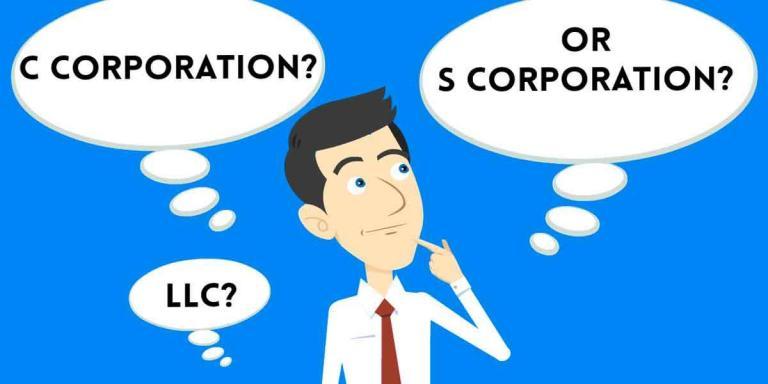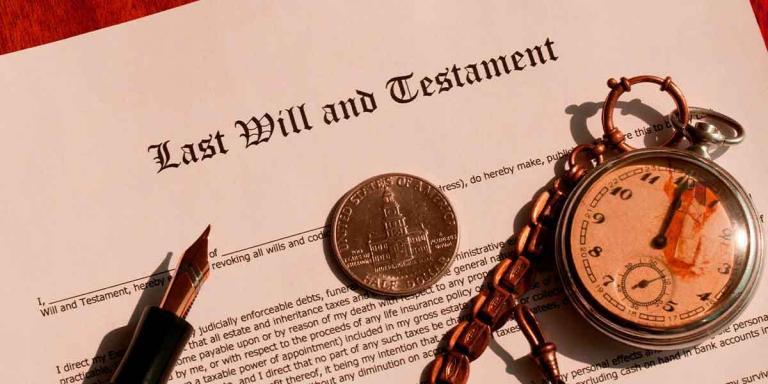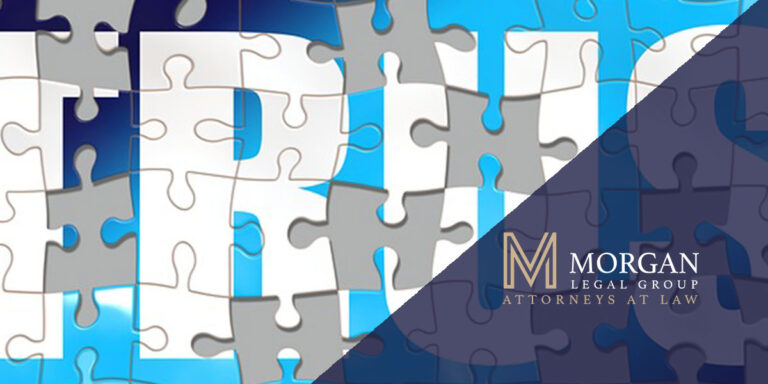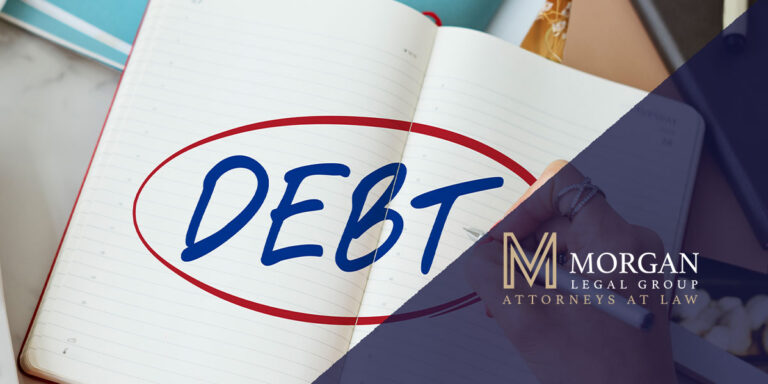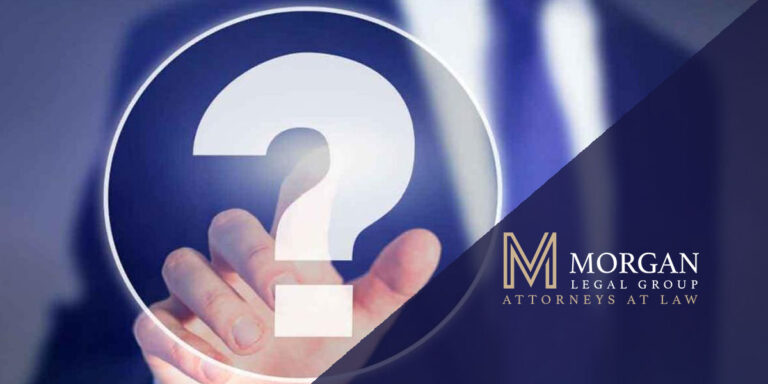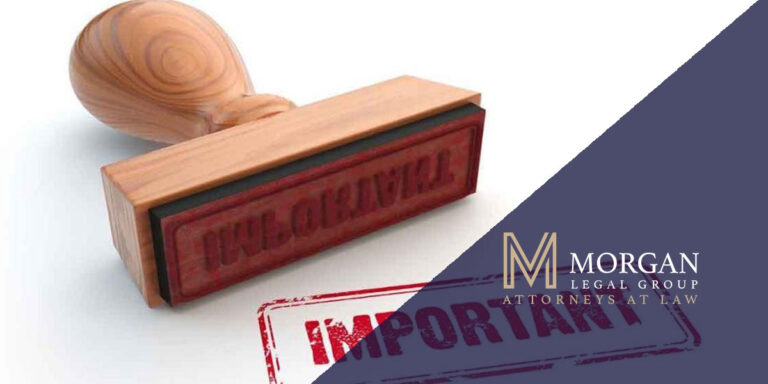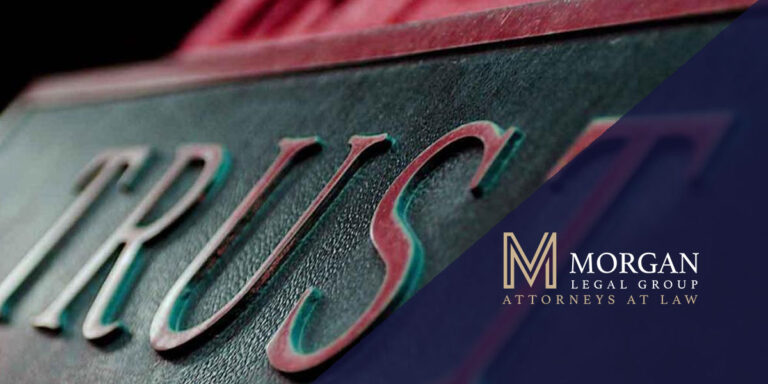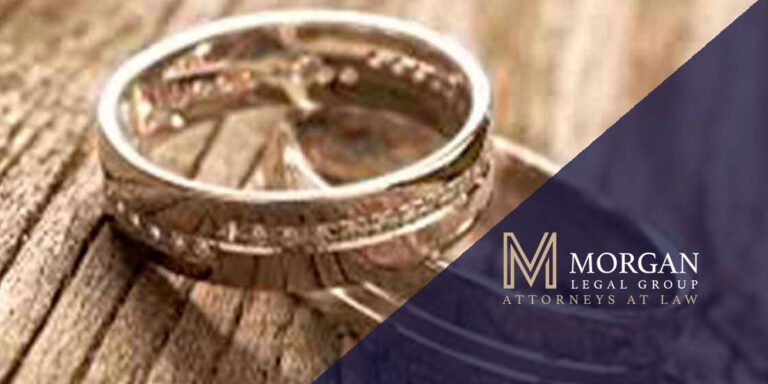Are you looking for an experienced Wills and Trusts Lawyer in Buffalo, NY? We are here to help.
Our Wills and Trusts Lawyers in Buffalo are committed to establishing a comprehensive estate plan that works best for your estate. We create your will and trust such that your asset transfer is fast and efficient, ensuring both documents coordinate to offer you the best benefits.
Just as everyone is different, so are their estates. Therefore, Our approach is to listen in detail to your estate situation and goals to develop an estate plan that addresses all your needs.
We’ve got you covered from incapacity and asset transfer to estate tax minimization. Call us today for expert help from a seasoned Wills and Trusts Lawyer in Buffalo, NY.
Wills
A will is an asset transfer document. On it, you spell out specifically who receives what. However, it’s crucial you use the right terms as recognized by law because your will must go through the probate court before your instructions can be carried out.
Requirements for writing a valid will
- You must be at least 18 years of age
- You must be of sound mind at the time of writing and signing the will
- There must be at least two witnesses who must each sign and attest to the presence of each other
- The will must contain your signature at the end.
Here are some instances when your will needs the expert hands of an estate planning lawyer:
- You have real property in multiple states
- You are in a blended family with kids from another marriage
- You have complexly owned assets
- You do not fully understand how your assets are owned
- You have a child with special needs
- You have minors
- You are familiar with the estate tax and wonder if your estate will be subject to it.
- You wish to minimize probate or avoid it because you’ve heard just how complex, expensive, and stressful it can be
- You want to know more about your options regarding asset transfer.
Guardianship using a will
If you have minors, you must appoint a guardian for them in your will. If they pass away before they turn 18, they won’t be able to inherit whatever you leave for them, but their appointed guardian will manage the assets to their benefit. When they come of age, they can inherit whatever is left according to your will.
Trusts
A trust is a legal arrangement between a grantor (the trust creator) and a trustee for the trustee to manage the trust assets on behalf of a beneficiary.
A trust is a more complex asset transfer document. You can establish terms within the trust on how the assets will be used and distributed to the beneficiaries.
However, the primary reason for using a trust is that it avoids probate. All wills are subject to the probate process, which is often problematic, time-consuming, and costly. However, any asset funded into a trust will pass to beneficiaries directly and immediately without going through probate.
An asset is funded into a trust by retitling the asset into the name of the trust. If you want to place your home in a trust, you must change the deed and name the trust as the owner.
It is important to know that there are two types of trust, each with its purpose.
Revocable Living Trust
A living trust, also known as a revocable trust or revocable living trust, is a kind of trust that can be terminated or altered at any time by the grantor. He can take away assets from the trust back into his ownership again or add more assets into the trust.
The grantor can also name himself as the trustee of his living trust Buffalo and use the assets to his own benefit until incapacity or death when his named successor trustee then takes authority. During incapacity, the successor trustee will also step in to manage the trust assets on behalf of the incapacitated Grantor.
Irrevocable trust and asset protection
An irrevocable trust cannot be altered or terminated at any time by the trustor. After retitling assets into the irrevocable trust, he cannot use those assets, take them out, or terminate the trust all by himself. The assets go out of his reach and become the trust’s property. Hence, irrevocable trusts are perfect for asset protection.
Assets kept in irrevocable trusts are not counted as available resources for debt, tax, nursing home, and Medicaid purposes. Hence, you could keep millions of dollars untouched while qualifying for Medicaid benefits. And you rest knowing your loved ones will get the full value of all you left for them hassle-free.
Wills and trusts lawyers near me in Buffalo, NY.
Having an estate plan that caters to all your needs brings you peace of mind for the future. Get help from our expert estate planning lawyers by calling us today.





